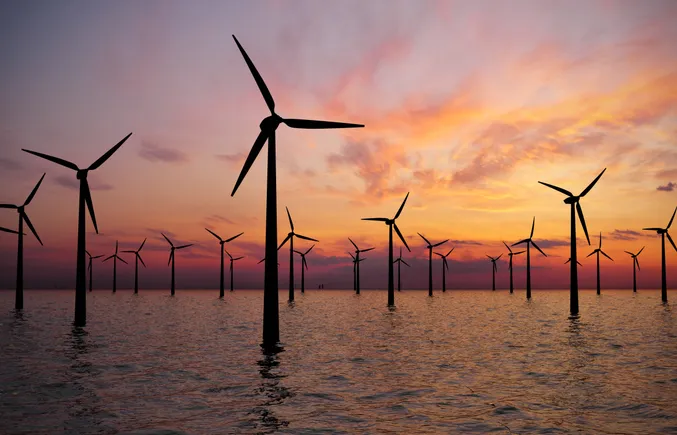Dive Brief:
- A report from Columbia University’s Sabin Center for Climate Change Law analyzed local and state opposition to renewable energy projects and found it has significantly increased in the last year, with 55 new local restrictions since last May.
- The Sabin Center assessed local restrictions spanning back to 1995 and found a total of 395 restrictions severe enough to block projects across 41 states. The center’s last report on the issue, published May 2023, found 340 restrictions. Severe state-level restrictions are “far less numerous,” the report says, and it logs 19 of those.
- “The volume and nature of the restrictions and controversies cataloged in this report demonstrate that local opposition to renewable energy facilities is widespread and growing and that it represents a potentially significant impediment to achievement of climate goals,” the report asserts.
Dive Insight:
The report authors define restrictions as “temporary moratoria; outright bans; regulations, such as extreme setback requirements or height limits, that are so restrictive that they can act as de facto bans; and zoning amendments that are designed to block a specific proposed project.” The authors say this report “updates and considerably expands” three Sabin Center reports that were published in September 2021, March 2022 and May 2023.
Alaska is the only state “where no severe restrictions or significant controversies were identified,” the report said. Alaska, Utah and Tennessee are the only states with no contested renewable energy projects, while Virginia, Michigan, New York and Ohio each have more than 18.
In New York, several solar projects have been contested, while offshore wind project Empire Wind 2 received what the report calls a “significant setback” from the state when Gov. Kathy Hochul, D, vetoed a bill authorizing Long Island to allow project developer Equinor to lay transmission cables underneath parkland.
In Hochul’s veto message, she wrote that “it is incumbent on renewable energy developers to cultivate and maintain strong ties to their host communities throughout the planning, siting and operation of all large-scale projects.” In an email, spokesperson Katy Zielinski pointed to recent state progress on other offshore wind projects, including Empire Wind 1 and Sunrise Wind.
Offshore wind in particular has seen “significant litigation,” said the Sabin Center’s report. The 800-MW Vineyard Wind project offshore Massachusetts is facing four federal lawsuits in the First Circuit Court of Appeals, while eight municipalities sued the New Jersey Department of Environmental Protection over its review and certification of the Atlantic Shores project.
Litigants opposing the Atlantic Shores project say it could be harmful to the ecology of New Jersey’s southern shoreline, while the lawsuits against the Vineyard Wind project allege potential harms to the North Atlantic right whale.
“The messaging tends to be that there hasn’t been an adequate environmental review of this offshore wind project that spent years in environmental review, and the whales are not adequately protected, and that’s the basis for a lot of the legal concerns that have been raised,” Boston Globe reporter Sabrina Shankman said during a Tuesday webinar on offshore wind hosted by Environment America.
Shankman said that although she sees “coordination” between opposition groups based on their shared members and messaging, she thinks much of the support is grassroots. The opposition to offshore wind appeals to “a lot of very well-intentioned people” who are seeing claims that make them concerned about potential ecological impacts.
“It’s stuff that gives you a visceral response, but it can have the impact of slowing things down,” she said.

